I found an article the other day that I thought rather brilliantly summed up the movie industry’s current creativity drought. Put simply, the entire industry is aimed at immature teenagers with no taste. Why? Because focusing their efforts on this group makes a butt-load of money and it’s an easy sell. Said immature teenagers are in no danger of developing better taste, so movie studios have found a comfortable rut to lie in.
Now, I’m no expert on the film industry, so I’m not capable of a detailed critique of this argument. Generally, I feel it’s right on the money for the most part but perhaps exaggerates just a tad as to the implications and side effects of the issue.
More important to my own interests is the parallel I see between where the movie industry is now and where the game industry is quickly heading.
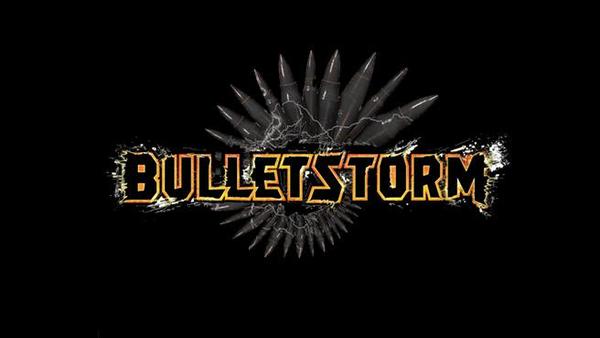
A little game called Bulletstorm was released on February 22. This title has managed to generate quite a lot of controversy due to various misguided articles by poorly-informed Fox News writers and the intelligent responses to these ridiculous accusations. Whether or not Bulletstorm’s dialog will, in fact, cause an increase in rape is not my concern right now though.
You see, Bulletstorm is the perfect gaming equivalent of the immature movies bringing down the film industry right now. You simply couldn’t ask for a better example.
Bulletstorm is the type of game aimed squarely at the demographic causing problems for the movie industry: young males. I am aware that I am, for a few more months at least if we use the article’s cut off age of 25, part of this demographic. I’ve always found the fare aimed squarely at my generation kind of repulsive, however, so it’s safe to say I don’t represent the average “young male” of today.
To be clear, I have only played the demo of the game. Perhaps the experience eventually turns into a brilliant philosophical examination of the meaning of violence and profanity and its effects on the human mind.
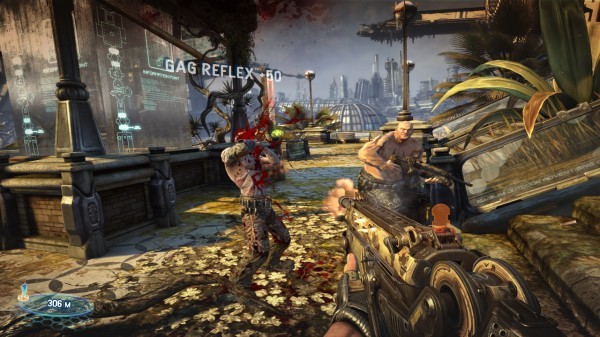
As the demo closes by calling the player “dicktits”, let’s just say I have my doubts.
The short demo promises an experience filled with unnecessary profanity, dick jokes, senseless violence, and more unnecessary profanity. In other words, despite the M rating on the front of the box, this game is aimed directly at those aged 14 to 16, and don’t let anyone tell you otherwise.
The gaming industry has a long history of being associated with precisely this demographic. For a few of the medium’s formative years, that was an accurate depiction of the average gamer. Things have changed greatly since then, with the average age of those that play games over 30 and nearly as many females playing as males. In fact, more adult women now play games than boys under 17 (33 versus 20 percent respectively). Chew on that statistic for a while.
To this day, games have been unfairly labeled as kids’ stuff when movies and TV shows get away with doing exactly the same thing almost without comment. Why is it that this medium gets called out for its immaturity when others don’t? History is to blame in part, but that isn’t the root of the problem. Perceptions can be changed over time given the right conditions, but games like Bulletstorm make it abundantly clear why misguided Fox News writers feel the need to warn of the “dangers” posed by the industry and why so many still think of video games as an immature medium.
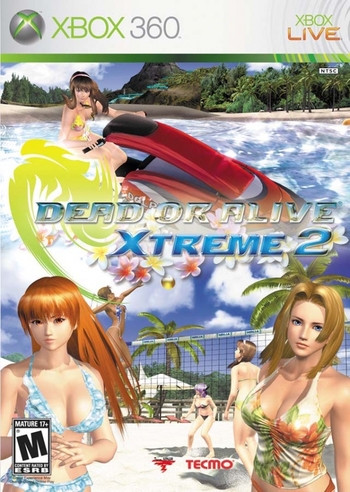
Game publishers are doing exactly what movie studios are doing. No effort is being made to change the perception of the industry’s fixation on the immature because it’s easier to market and sell games that way. M-rated games actually make up a small fraction of overall sales; as little as 9 percent according to Game Informer. Compare that to the 51 percent of sales that E-rated games claim. The list of best-selling video game franchises is filled with innocent fare: Mario, Pokemon, The Sims, Sonic, Zelda, Guitar Hero, etc. Violent games like Grand Theft Auto do make the list, but are vastly outnumbered by titles parents would be happy to let their kids play. Clearly the issue is that of perception, not a reality of an industry pathologically obsessed with violence and sex.
As with the movie industry, the key problem is not that quality fare for people who don’t chuckle involuntarily at a reference to male genitalia doesn’t exist. There are plenty of fantastic games on shelves and in digital stores. The issue is that these smarter games aren’t getting any marketing dollars or mainstream exposure because they’re simply harder to sell. Consequently, sales success for these games is hit or miss. It’s far easier to make a game like Bulletstorm, base your ad campaign around violence and vulgarity, and have an easy best seller on your hands. Throw in some boobs somewhere and you’re practically guaranteed a top spot on sales charts.

Or look at the marketing for Dead Space 2. Not only is this a terrifically violent game, with one of its key mechanics being to chop off the limbs of your enemies, but the ads selling it are almost laughably juvenile. The key tagline is “Your Mom Hates Dead Space 2”, as if they were selling some toy to rebellious children. Not only is this campaign dumb and immature, it paints a picture of an industry quite clearly trying to sell mature games to gamers too young to play them. After all, the supposed target audience for this M-rated game should be old enough that it doesn’t have to care what mother thinks anymore.
A look at the box art used to sell games in this country, as opposed to elsewhere in the world, gives even more powerful evidence that something is seriously wrong with marketing in the U.S. The same game sold in multiple countries can have vastly different art representing it on shelves and, almost invariably, the U.S. version is less artistic, more obvious, and focused on boobs wherever humanly possible. Why? Because it grabs attention without requiring people to think or take the medium seriously. Presumably this leads to higher unit sales. The fact that it doesn’t exactly represent our medium well is hardly the concern of your average marketing executive.
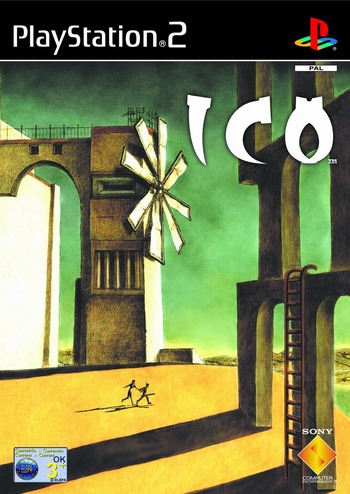
Yeah, we didn’t get that cover for Ico. We got this one:

Guess what? Ico’s sales were terrible. I could go on an entirely separate rant about how terrible box art in general is and how most of it is little more than a lazy group shot of the protagonists with some cheesy Photoshop filters tacked on, but that’s a subject for a different different article.
As with the movie industry, the blame is hardly the fault of marketing types alone. M-rated games may only make up 9 percent of sales, but that still represents many millions of units. Not all of those players are from the intended demographic either. Some of us just can’t help ourselves. We see a game like Bulletstorm, with its decapitations and dick jokes, and line up eagerly for some mindless fun. Our inner third grader giggles madly and we fork over $60 to blow some heads off and kick some aliens in the balls.
And you know what? There’s nothing wrong with that. Shooting things and enjoying virtual violence can be cathartic and fun. Goodness knows I’ve enjoyed my fair share of gun-toting senseless violence in the past. I’m not out to paint the picture that Bulletstorm and its ilk are ruining our industry. There are plenty of absolutely brilliant games being released these days and there’s room for a little crudeness among them.
What’s worrying is that issue of perception. There may be room for both smart and dumb games to coexist, but the industry’s base tendencies are the only ones getting any exposure. It’s fine to enjoy and even purchase games like Bulletstorm, but we can’t just forget about the perception issue facing this medium; not if we ever want anyone else to take gaming seriously.
There’s only one way to show publishers that things need to change in that respect, and that’s to vote with your dollars. Personally, I find Bulletstorm’s obsession with profanity and genital-based humor off-putting, so withholding my money in protest is rather easy. I’m sure I could find fun with the mechanics, but I don’t feel that supporting such poor writing is worth it, so I’m not going to bother. The whole thing feels like it’s trying too hard. Feel free to join me in finding other things to do instead if you agree.
As of now, we’re lucky enough to be surrounded with quality games that don’t fall prey to the obsession with the immature. We have Bioshock to give us philosophy lessons, Limbo and Heavy Rain to treat violence with the somber gravity it deserves, and Mass Effect to show us how powerful good writing can be in a game.
But we may not always be so lucky. Downloadable games may be a haven for creativity and a respite from the teenage playground that is the mass market, but how long will this last? Already we can see the creep of major publishers into areas once dominated by smaller independent developers. Downloadable games mean money, and now the big boys want a piece of it too. One of the best selling games of all time on the Xbox Live Marketplace was developed by Capcom. One of my favorite iPhone games is Infinity Blade, published by none other than Epic Games. You might recognize another title they had a hand in developing. It’s called Bulletstorm.
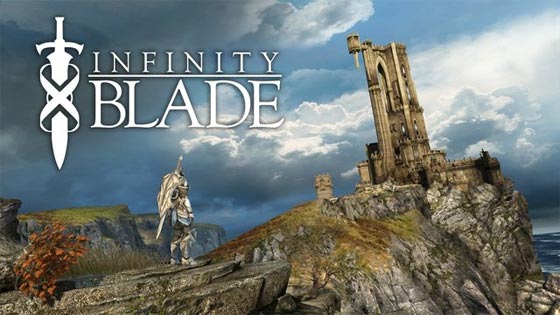
Clearly, the influence of the major powers in non-retail releases is not an entirely negative phenomenon. Pumping money into these once niche areas has already created some truly great experiences. If we want these venues to remain a bastion of creativity, we must continue to buy those games that dare to do something different. We, as informed gamers, must continue to support the small developer and make sure that there remains a valid marketplace for new and different ideas.
For now, the gaming industry is safe enough, but it is also complacent, and complacency will lead to problems. Without change, perceptions will continue to be negative. Without change, marketing will remain aimed squarely at the tasteless young hordes in high school. Without change, opportunities for success for those with intelligent ideas will diminish.
Already there are plenty of stories of games that go against the mainstream and fail. Many of these have become beloved cult favorites, but that’s hardly an adequate consolation prize when your game has been ignored by the public at large and failed at retail.
Psychonauts. Shenmue. Beyond Good and Evil. Ico. Alan Wake. Okami. All of these avoided the immature and tried to push the medium forward with great writing, creative art styles, and unique gameplay. All failed commercially in the face of titles with better marketing and bigger boobs.
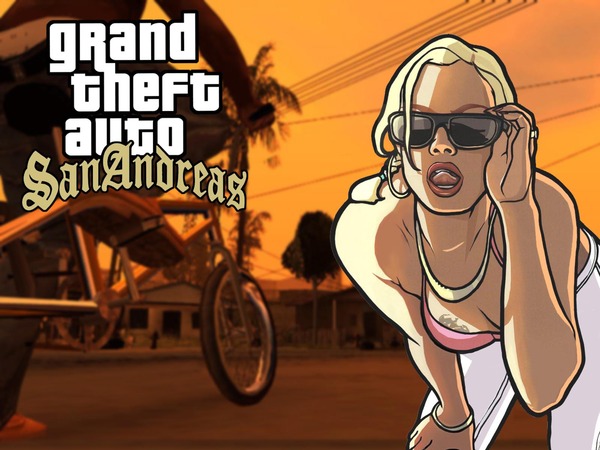
I refuse to believe that this industry cannot support the intelligent. The popularity of games like Bioshock and the many brilliant indie games creating fantastic success stories for their small developers shows me that there is hope. I still believe the root of the problem is marketing and the perception it creates. It is easier to market boobs and guns, profanity and blood, than it is an intelligent story. This is what caused the death of good drama in the movie industry and it’s what will cause the death of quality games in the gaming industry if something isn’t done soon.
The problem isn’t that smart games don’t exist, it’s that it is so risky to do something truly good in the first place. With a shift in marketing focus, we could push forward public perception of this industry. We could show the world there’s more to this medium than sophomoric humor and tits.
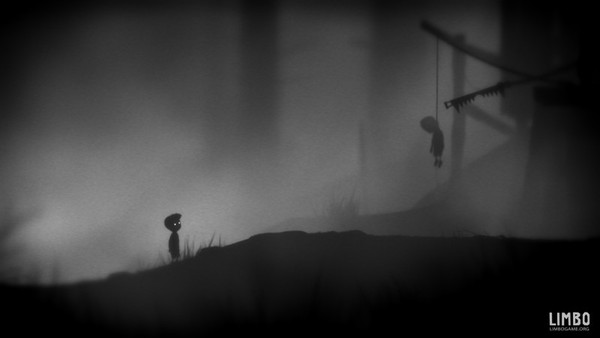
But to do that we need to spend carefully. We need to send a clear message that we’re tired of the status quo. We need to make sure truly deserving games have a legitimate shot at success. This is a difficult proposition indeed as, without marketing to give exposure to these helpless titles that dare to be unique, it’s up to us, the minority of the informed and the passionate, to spread the word and spend our money wisely.
So are we up to the task? Does our medium stand a chance of avoiding the dire fate of the movie industry and its revulsion of the creative? Or is the popular perception perhaps more correct than we’d like to admit? Maybe we’d rather our games call us dicktits and let us kick enemies in the balls than have us think. Maybe we like the same old thing. Maybe boobs on box art really are better than actual art.
Time will tell.
